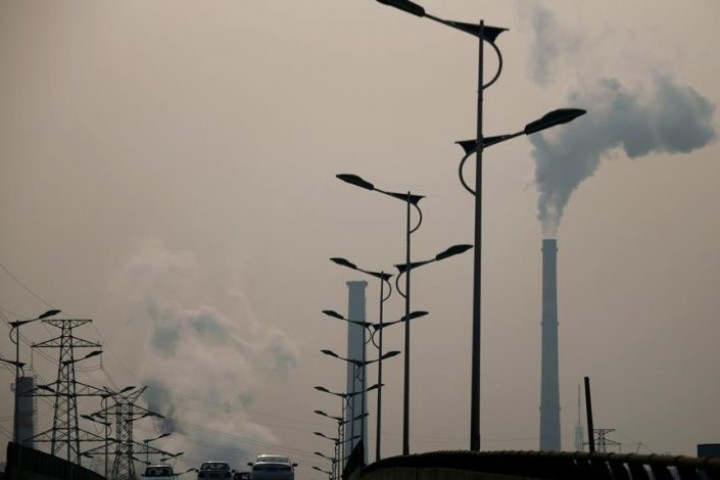China Imposes Taxes for Air, Water and Noise Pollution

The smog-prone northern Chinese province of Hebei has drawn up plans to launch a comprehensive environmental protection tax starting in the new year that will give more incentives for local polluters to clean up, it said recently.
China’s legislature approved a new environmental tax law late 2016 that gave regions the power to set their own rates. Several regions have already drawn up schemes and, in January 2018, will start charging firms according to the amount of air, water and even noise pollution they produce.
But Hebei, a major source of hazardous and politically embarrassing emissions drifting across China’s capital Beijing, is under heavy pressure to clean up and will levy higher rates of tax than other regions.
According to draft regulations now being discussed by local lawmakers, firms in the cities of Shijiazhuang, Baoding, Langfang and Dingzhou will be charged as much as 6 yuan (RM3.70) for each unit of air pollution and 7 yuan (RM4.30) for each unit of water pollution they produce, the local government said.
The highest permissable rate stands at 12 yuan and 14 yuan (RM7.40 and RM8.60) respectively, according to the law passed last year.
Cities and counties directly bordering Beijing will be forced to pay even higher rates, with major air pollutants like sulphur dioxide and nitrogen oxides charged at 9.6 yuan (RM5.90) per unit. Major water pollutants like ammonium nitrate will be levied at 11.2 yuan (RM6.90) per unit.
Units are calculated based on coefficients that assign weights to different pollution sources. A single unit is the equivalent of 16.7 kilograms of carbon dioxide or 0.95 kilograms of sulphur dioxide.
Neighbouring Shanxi province, China’s biggest coal producing region, also said this week that it would introduce a environmental protection tax starting from Jan 1, 2018.
The province said it expected the new tax to raise 1.9 billion (RM1.17bil) yuan next year, with the figure likely to decline steadily as firms gradually cut their emissions.
